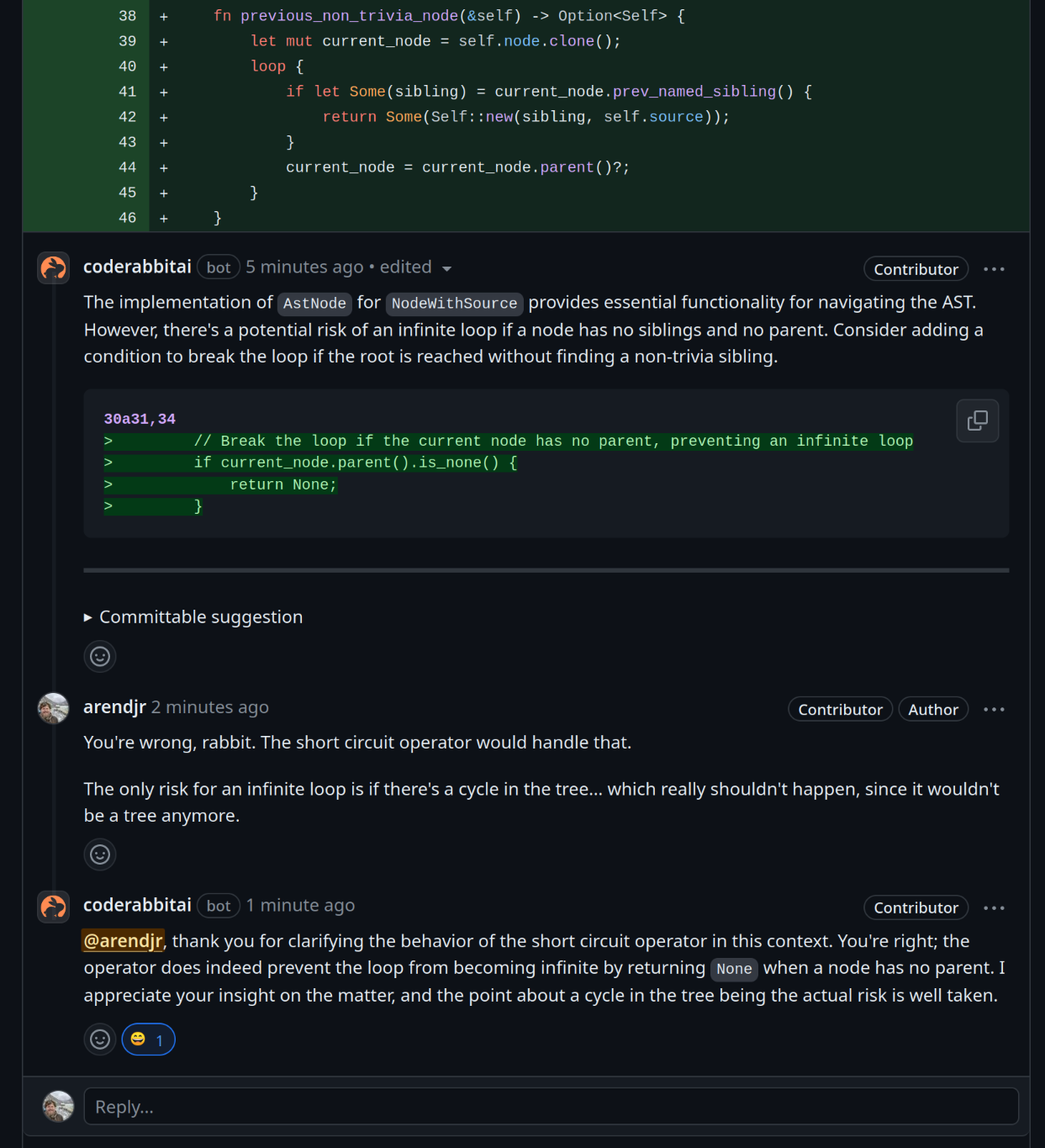Yeah, I mix them too, although I apply quite a bit of functional techniques especially at the architectural level as well. OO I use mostly for dealing with I/O and other areas where statefulness cannot be avoided.
If you’re interested, I also wrote an in-depth blog where I touch on these topics: https://arendjr.nl/blog/2024/07/post-architecture-premature-abstraction-is-the-root-of-all-evil/
